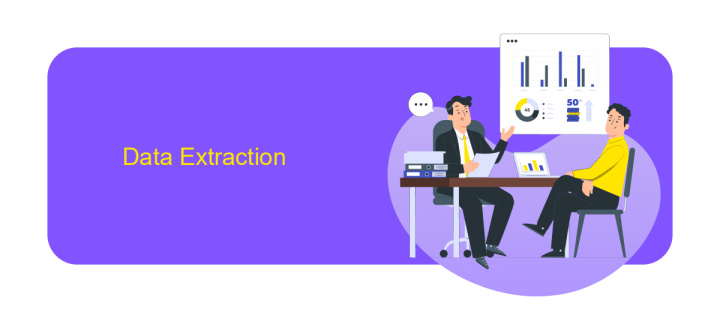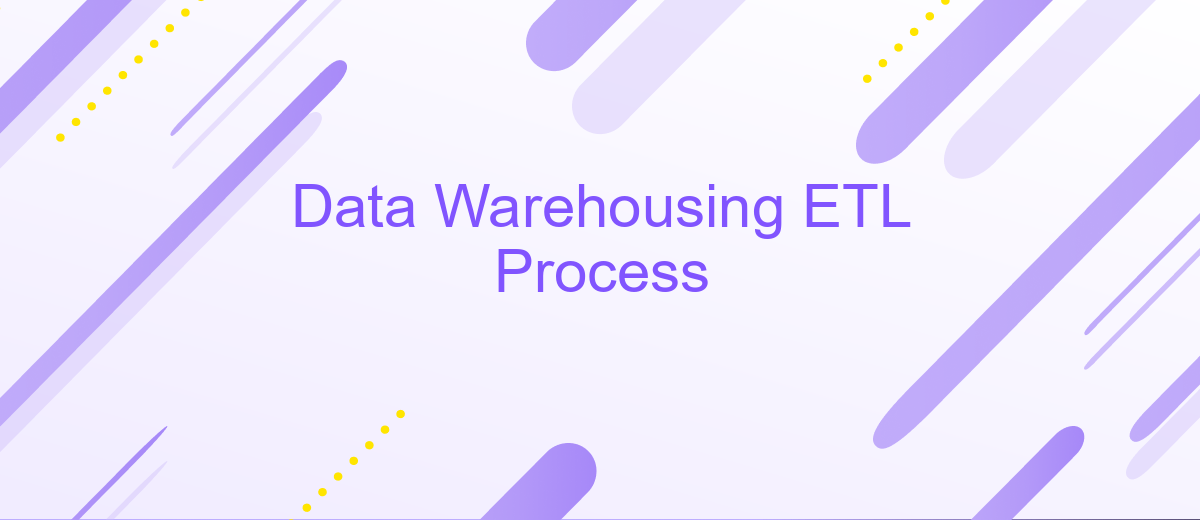Data Warehousing ETL Process
The Data Warehousing ETL (Extract, Transform, Load) process is a critical component in modern data management. It involves extracting data from various sources, transforming it into a suitable format, and loading it into a data warehouse for analysis and reporting. This process ensures data consistency, quality, and accessibility, enabling businesses to make informed decisions based on comprehensive and accurate information.
Introduction
Data warehousing is a crucial component in the modern data-driven landscape, enabling organizations to consolidate and analyze vast amounts of information. The ETL (Extract, Transform, Load) process is fundamental to building and maintaining a data warehouse, ensuring that data from various sources is accurately integrated and made available for analysis.
- Extract: This phase involves retrieving data from diverse sources such as databases, APIs, and flat files.
- Transform: During this stage, the extracted data is cleansed, formatted, and transformed to meet the requirements of the target data warehouse.
- Load: The final step involves loading the transformed data into the data warehouse, making it ready for querying and analysis.
Tools and services like ApiX-Drive can significantly streamline the ETL process by automating data extraction and integration from various sources. By leveraging such platforms, organizations can ensure data consistency and reduce the complexity of managing disparate data streams, ultimately enhancing their data warehousing capabilities.
Data Extraction

Data extraction is the first step in the ETL (Extract, Transform, Load) process, where raw data is collected from various sources. These sources can include databases, APIs, flat files, and cloud storage systems. The goal is to gather all relevant data, ensuring it is accurate and complete for subsequent transformation and loading stages. Effective data extraction requires a robust strategy to handle different data formats and structures, ensuring seamless integration and minimal data loss.
One of the tools that can significantly streamline the data extraction process is ApiX-Drive. ApiX-Drive facilitates the integration of various data sources by providing a user-friendly interface to set up and manage data connections. By automating data extraction, ApiX-Drive reduces the manual effort required, minimizes errors, and ensures timely data availability. This service supports a wide range of applications and platforms, making it a versatile solution for businesses looking to optimize their data warehousing ETL processes.
Data Transformation

Data transformation is a critical stage in the ETL process, where raw data is converted into a format suitable for analysis and reporting. This process involves various operations such as data cleansing, normalization, aggregation, and enrichment. The goal is to ensure that the data is accurate, consistent, and usable for business intelligence purposes.
- Data Cleansing: Removing inaccuracies, duplicates, and inconsistencies from the data.
- Data Normalization: Structuring data into a standard format to eliminate redundancy.
- Data Aggregation: Summarizing data to provide a comprehensive view.
- Data Enrichment: Enhancing data by integrating additional information from external sources.
Tools like ApiX-Drive can significantly streamline the data transformation process by automating data integration from various sources. ApiX-Drive offers a user-friendly interface and supports multiple data formats, making it easier to cleanse, normalize, aggregate, and enrich data. By leveraging such tools, organizations can ensure that their data is reliable and ready for insightful analysis, ultimately aiding in better decision-making and strategic planning.
Data Loading

Data loading is a crucial phase in the ETL process, where transformed data is loaded into the final target database, data warehouse, or data mart. This step ensures that the processed data is available for analysis, reporting, and decision-making. Efficient data loading strategies are essential to maintain data integrity and performance.
Various techniques can be employed for data loading, depending on the volume of data and system requirements. Full load and incremental load are two primary methods. Full load involves loading the entire dataset, while incremental load updates only the changed or new data. Choosing the right approach depends on the specific needs of the organization.
- Full Load: Reloads the entire dataset from the source to the target.
- Incremental Load: Only loads data that has changed since the last update.
- Batch Processing: Loads data in batches to optimize performance.
- Real-Time Processing: Continuously loads data as it arrives, ensuring up-to-date information.
Tools like ApiX-Drive can simplify the data loading process by automating integrations and data transfers between various systems. ApiX-Drive supports multiple data sources and destinations, making it easier to manage complex data workflows. Leveraging such tools can significantly enhance the efficiency and reliability of the data loading phase.


Data Validation and Quality Control
Data validation and quality control are critical components of the ETL process in data warehousing. Ensuring data accuracy and consistency is essential for reliable analytics and decision-making. Validation checks are implemented at various stages, including data extraction, transformation, and loading. These checks help to identify anomalies, missing values, and inconsistencies. Automated tools and scripts can be used to perform these validations, reducing manual errors and improving efficiency.
Quality control mechanisms involve setting up rules and standards for data entry and processing. This includes defining acceptable data formats, ranges, and relationships. Services like ApiX-Drive can facilitate seamless integration and data validation by automating data transfers between different systems. By using ApiX-Drive, organizations can set up real-time data synchronization and validation rules, ensuring that only clean and accurate data is loaded into the warehouse. Regular audits and monitoring are also essential to maintain data quality over time.
FAQ
What is the ETL process in Data Warehousing?
Why is the ETL process important in Data Warehousing?
What are the common challenges faced during the ETL process?
How can automation improve the ETL process?
What are the best practices for a successful ETL process?
Strive to take your business to the next level, achieve your goals faster and more efficiently? Apix-Drive is your reliable assistant for these tasks. An online service and application connector will help you automate key business processes and get rid of the routine. You and your employees will free up time for important core tasks. Try Apix-Drive features for free to see the effectiveness of the online connector for yourself.

